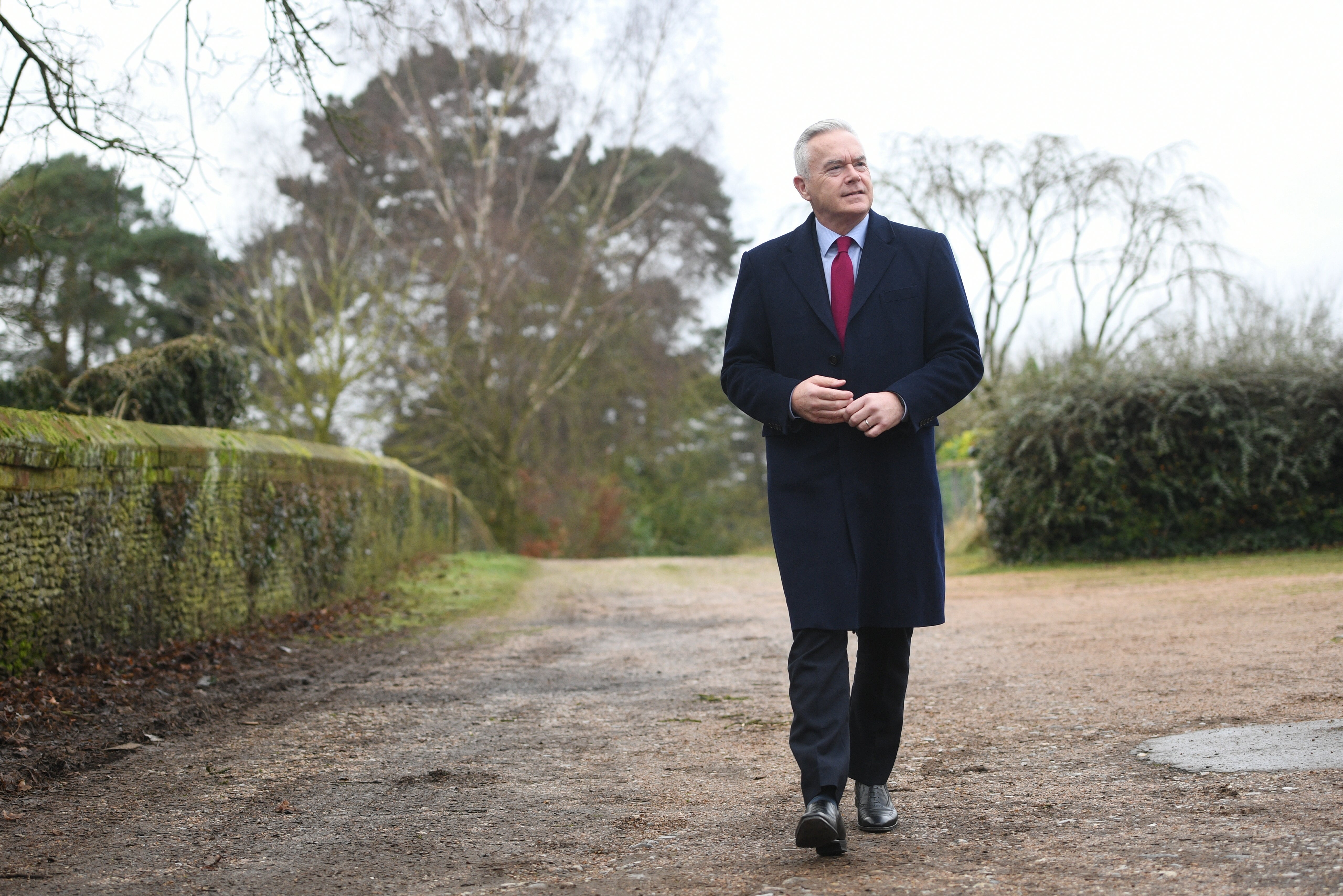BBC News at Ten’s Huw Edwards says his depression has been so severe at times that he ‘couldn’t work’
Newsreader has shared details of his mental health struggles

Your support helps us to tell the story
From reproductive rights to climate change to Big Tech, The Independent is on the ground when the story is developing. Whether it's investigating the financials of Elon Musk's pro-Trump PAC or producing our latest documentary, 'The A Word', which shines a light on the American women fighting for reproductive rights, we know how important it is to parse out the facts from the messaging.
At such a critical moment in US history, we need reporters on the ground. Your donation allows us to keep sending journalists to speak to both sides of the story.
The Independent is trusted by Americans across the entire political spectrum. And unlike many other quality news outlets, we choose not to lock Americans out of our reporting and analysis with paywalls. We believe quality journalism should be available to everyone, paid for by those who can afford it.
Your support makes all the difference.Huw Edwards has spoken out about how suffering from depression has affected his life and career, sharing that the condition has occasionally left him unable to leave his bed.
In a new interview, the BBC News at Ten anchor openly discussed his 20-year long mental health struggles.
Edwards first publicly shared that he has depression during a Welsh-language documentary about his personal and professional journey, titled Huw Edwards yn 60 (Huw Edwards at 60).
More recently, speaking to the Men’s Health’s “Talking Heads” columnist Alastair Campbell for the June issue (out on 25 May), Edwards has given further details about what he experiences during his bouts of depression.
“I’m pretty clear that I have suffered – and do suffer – from depression,” he began. “It’s not anxiety, although it includes anxiety, but it tends to hit me in a strong wave and then go away... I think at least I now know when I’m going to enter a phase like that.”
Explaining the paralysing nature of a negative mental health turn, Edwards continued: “Your mind goes into a place where you don’t want to do anything. You can’t make any decisions. Things that you usually enjoy, you dread.
“You come into work and obviously you do a professional job, but you’re kind of pushing your way through it. And, of course, if it’s very bad – as it has been a few times over the course of 20 years – you can’t work.

“During the worst one I had, I couldn’t get out of bed.”
Elsewhere in the conversation, Edwards shared how his family deal with his mental health, crediting his wife Vicky Flind for being “supportive when she needs to be”.
Speaking about his children, he noted: “One of my girls will come to me and ask how I’m feeling. She’s got a code – she’ll say: ‘How are you upstairs today?’ And I think, for a 20-year-old, that’s a nice thing to be asked.”
If you have been affected by this article, you can contact the following organisations for support: actiononaddiction.org.uk, mind.org.uk, nhs.uk/livewell/mentalhealth, mentalhealth.org.uk.
Join our commenting forum
Join thought-provoking conversations, follow other Independent readers and see their replies
Comments